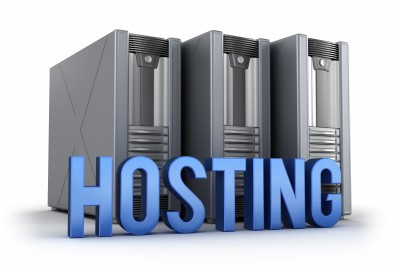What is a website?
When you go to google and you search for “define website” it gives you the definition of the word as follows.
“A location connected to the internet that maintains one or more pages on the World Wide Web.”
I however don’t feel that this is a proper definition of what a website is and would like to define it as follows.
“A collection of one or more documents specifically written to display content to the user over a network connection”
So with the dictionary’s definition and my personal definition you should be able to make a clearer picture in your head of what a website is. Well, you are reading this from a website now aren’t you?
How does it work?
Well basically without going in to much details you would type the URL of the website in the browser you are using and it would display the website in your browser.
Website content are normally stored on a server of some sorts located at a physical location or more commonly these days “in the cloud”.
You do get some cases of websites running on a computer or device that is directly connected to your local network that is not available on the internet. (Think about your router’s interface that allows you to configure it, etc.)
How to host your own website?
Well in order to host your own website on the internet you will require the following few things:
Website Location
The website requires a place from which the collection of files that make up the website is served to the clients browsers. This location is mostly from a hosting provider or web server.
You can host this network from a local computer in your network but it is not recommended for serving the website to the internet.
URL (domain or sub-domain name)
The URL of a website on the internet is like your home address to a GPS.
You require the website to be linked to a domain name “google.com” or a sub-domain name “plus.google.com” in order for you to be able to type the address and have your browser serve you the page.
Internet Connection
We are handling the subject of serving a website to the internet and thus a connection to the internet is a MUST.
Most hosting providers will provide you with little space for saving the actual website files but will provide emphasis on your connection speed and available transfer cap.
The speed of your website connection will directly / indirectly affect your website loading time in browsers. If the speed of your website hosting provider is too slow you might find that it creates a bottleneck when someone tries to view your webpage even more so when multiple requests are made to view your website as it needs to be “uploaded” to all the browsers that requests to view the page. This is more specific for the cases where it is decided to host the website on your own computer / server over your own internet connection at home.
The transfer cap that some hosting providers apply can also affect your website if this is not planned properly. Some hosting providers allow only a certain amount of data to be uploaded and the bigger your website is the faster this cap can be reached even more so if the requests to view your website increases.
As I am writing this I have a hosting contract with WebAfrica which provides me with great website speeds (I don’t have the exact speed of my connection) and Unlimited transfer cap. This allows me to serve as many pages to as many clients as I like without ever getting blocked for serving to much data.
I will not handle CPU speed and RAM availability from hosting providers that can affect your website hosting performance as this is a basic explanation to what you need.
